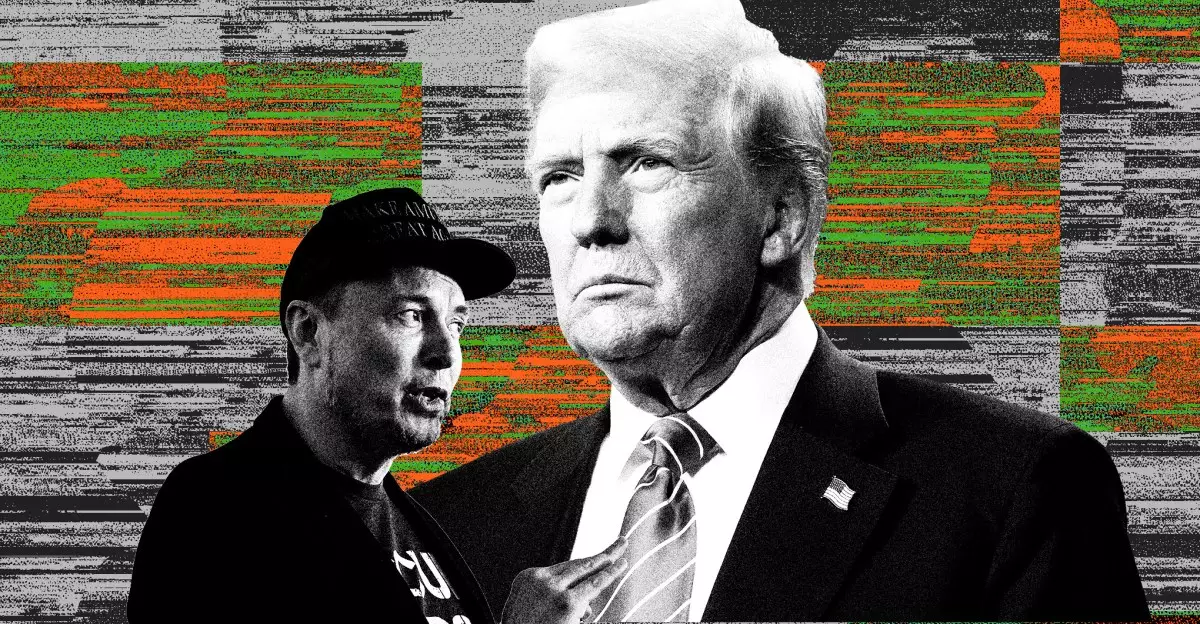In the wake of the January 6th, 2021 riots at the U.S. Capitol, many social media platforms took decisive action against accounts deemed to pose a risk to public safety. One of the most high-profile cases was that of former President Donald Trump, whose account was suspended on Twitter, now known as X, which is owned by billionaire Elon Musk. The fallout from this tumultuous period led to various legal disputes, the most notable being Trump’s array of lawsuits against major tech companies, including X, Google, and Facebook. Trump argued that these platforms’ actions amounted to censorship and violated his rights.
Recent reports divulged that X has reached a settlement with Trump, agreeing to pay him approximately $10 million. This development, initially reported by The Wall Street Journal, indicates that the unresolved tension between social media companies and political figures continues to evolve into financial negotiations. The settlement, though seemingly favorable to Trump, begs further investigation into its implications for social media regulation and the ongoing discourse surrounding free speech. Musk’s decision to authorize this payment could be seen as an attempt to mitigate public backlash or as a strategic move to distance his platform from potential political entanglements.
Trump’s lawsuit against social media companies did not only target X. The former president also took legal action against Google and Facebook, seeking redress for his account suspensions. However, a judge dismissed his case against Twitter in 2022, which pointedly ruled that the platform does not qualify as a state actor, thus sidestepping arguments about violating Trump’s rights under the First Amendment. Additionally, Meta’s recent settlement of $25 million reflects a growing trend where tech companies opt for financial settlements rather than prolonged legal battles, highlighting a potential shift in how these platforms handle high-profile contentious issues.
The implications of these legal battles extend beyond Trump himself. They raise critical questions about the role that social media platforms play in shaping political discourse and the responsibilities they hold within a democratic society. The settlements, while seemingly inconsequential at first glance, might set dangerous precedents for how social media companies navigate controversies related to content moderation. Furthermore, Musk’s expansive control over his platform raises eyebrows regarding the intersection of corporate power and politics, particularly following his reported financial support toward Trump’s election campaign.
The ongoing saga surrounding Trump’s social media ban continues to be a convoluted mix of legal, political, and social narratives. As Trump enjoys his financial victory and prepares for future engagements on digital platforms, observers should remain vigilant. The settlement is not just a financial transaction; it signifies larger issues pertinent to free speech, corporate influence in governance, and the future of digital communication. As these themes unfold, society must confront the implications of giving corporate entities power over public discourse and consider the consequences of their regulatory measures on democratic processes.

